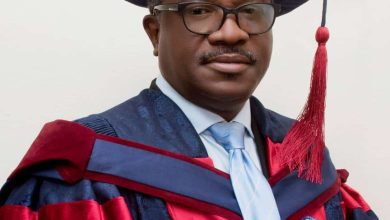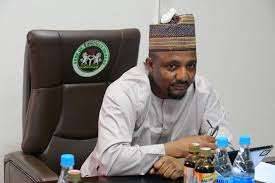The appointment of Ossa Uchendu Andrew, son of a former Senator and major stakeholder of the All Progressives Congress, APC, Chief Andrew Uchendu, by the Rivers State Government, has become a hot topic on the lips of many. While some persons have commended Governor Nyesom Wike for appointing the son of a perceived political opponent into a critical office, the naysayers have gone into town with several interpretations of the Nobel gesture.
Reacting to the myriad of questions raised by his appointment by the Governor, Uchendu said: My attention has been drawn to the numerous comments making rounds in several social media platforms regarding my recent appointment as Member of the Rivers State Board of Internal Revenue. Most importantly, I want to thank my dear Governor – His Excellency, Chief (Barr.) Nyesom Ezenwo Wike, CON, GSSRS, POS (Africa) for finding me worthy for this appointment out of several other suitably qualified persons in Rivers State.
The Governor has indeed proven yet again that he is far and above partisan pettiness despite attempts by negative minded individuals who never see anything good. These small-minded negative individuals (and their supporters) never ever supported me all through my 20-year professional career despite knowing my credentials as a Fellow Chartered Accountant (FCA) and seasoned Banker. They now have the effrontery to spew such bitterness. These faceless group of individuals on the ‘other side’ never see anything good deed and probably never will. They want to trend and feel relevant using me as their springboard.
THEY HAVE FAILED AGAIN! Let me categorically state here that as a dedicated Member of the ONLY PARTY in Rivers State – the People’s Democratic Party (PDP), I pledge my complete and unflinching loyalty to my dear Governor – His Excellency, Nyesom Ezenwo Wike and PDP – my Party. I want to make it abundantly clear that all attempts to distract the Governor in transforming Rivers State to its glory has already failed. They had their chance and woefully failed Rivers State. Even now, they have failed Nigeria with a fake ‘Change’ mantra. Remember, a Lion never gets distracted by the ‘mewwing’ of the cats! Peace, Light and Love always! Ossa Uchendu Andrew (FCA)






